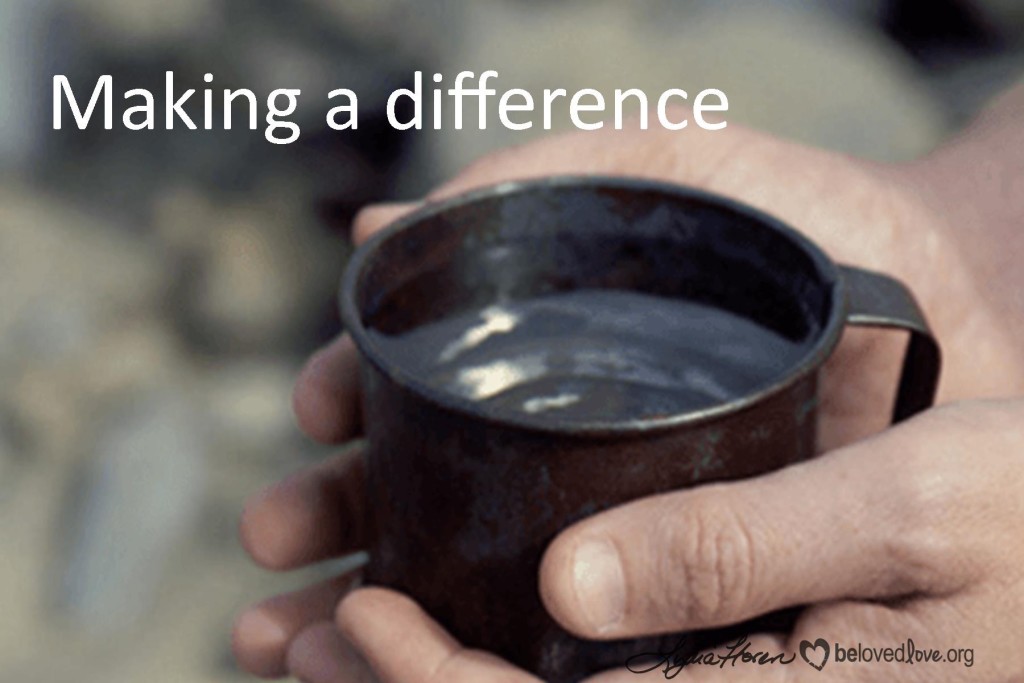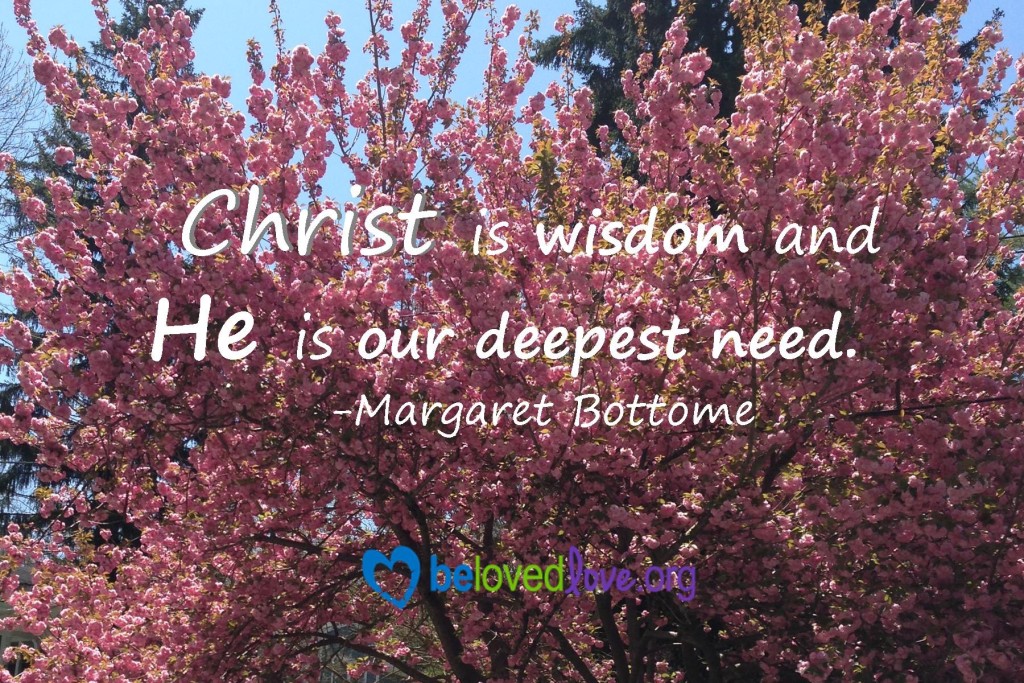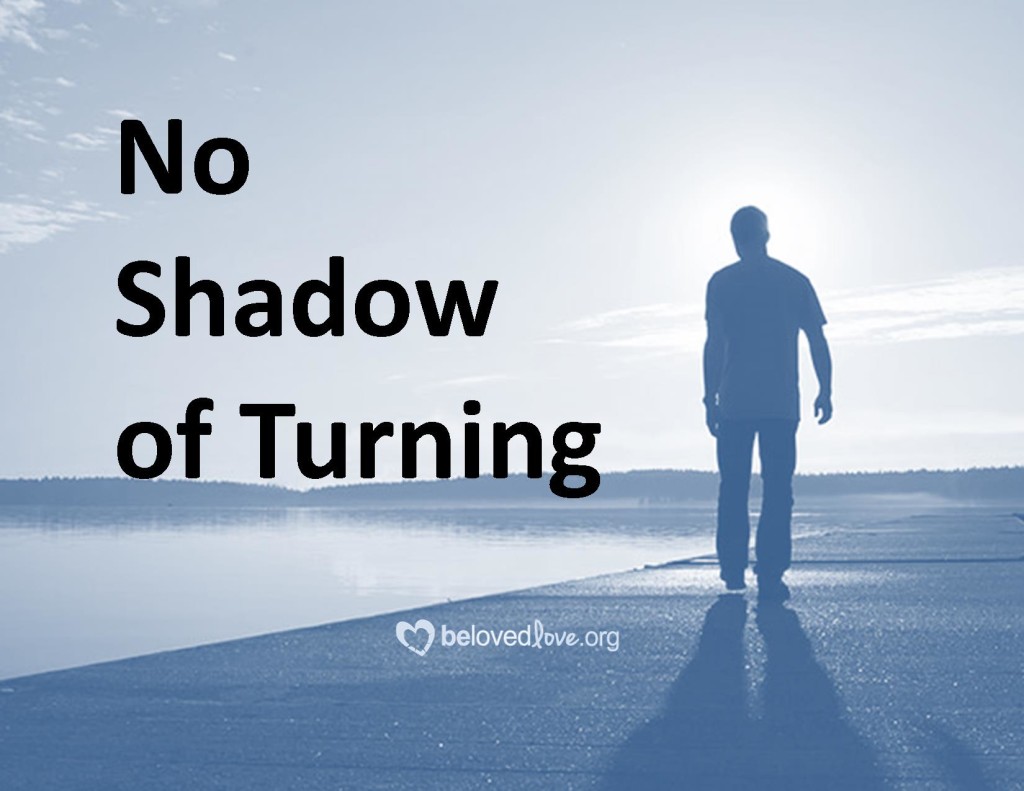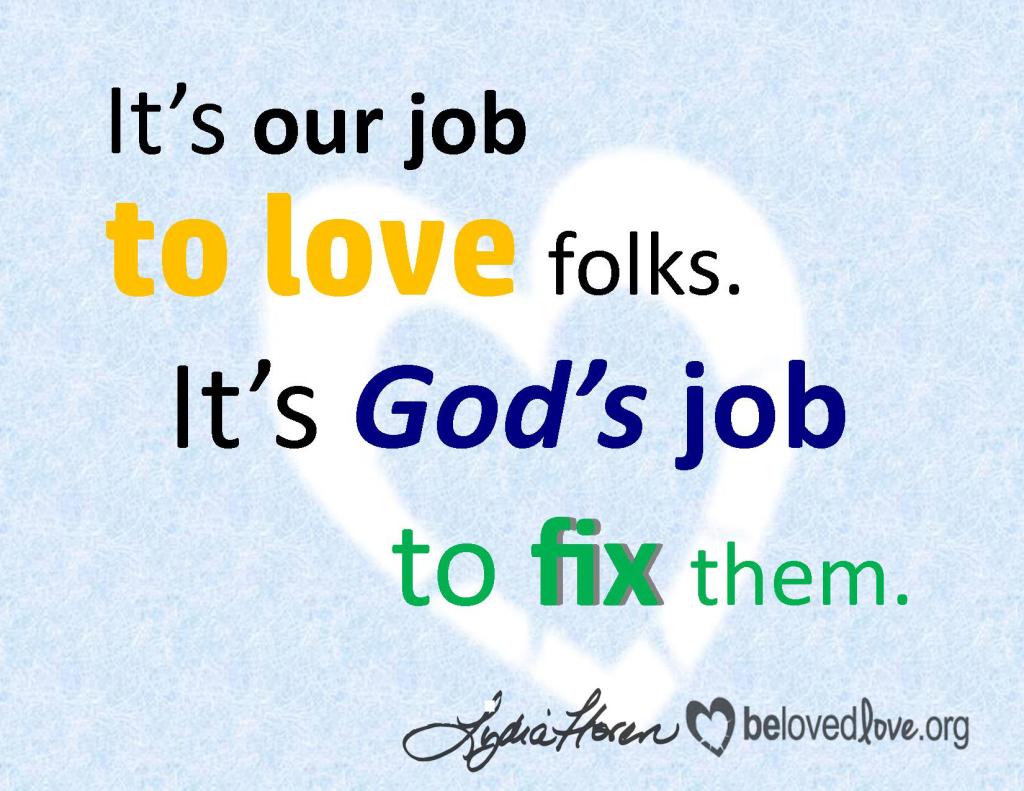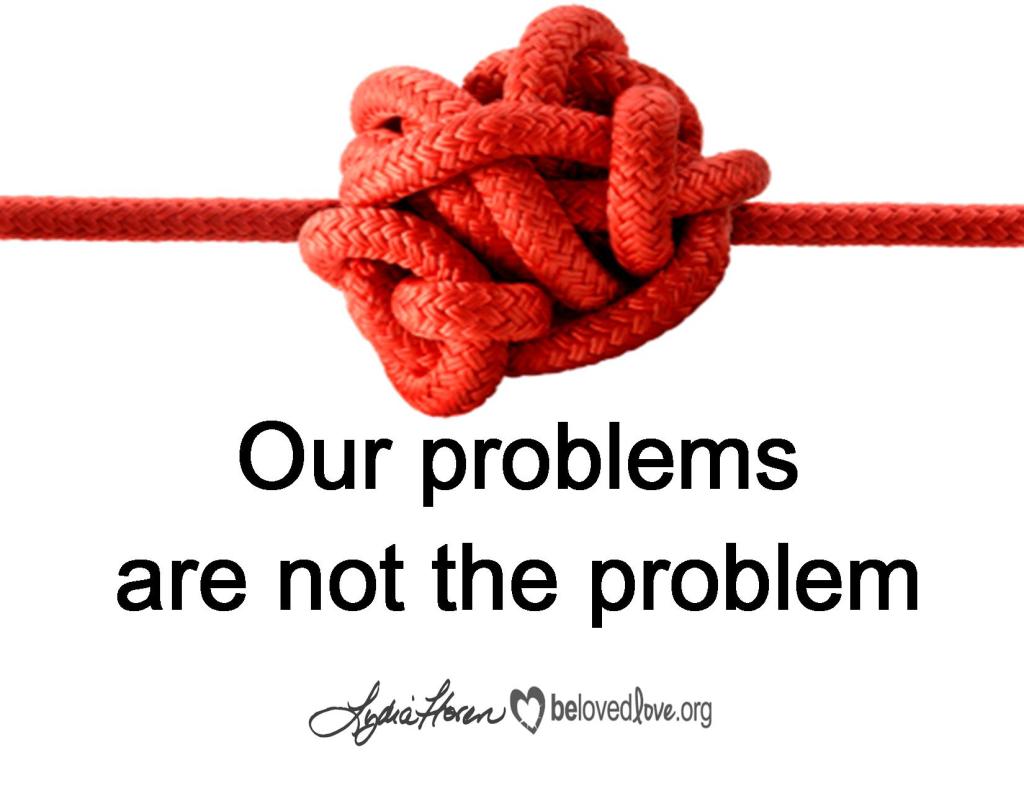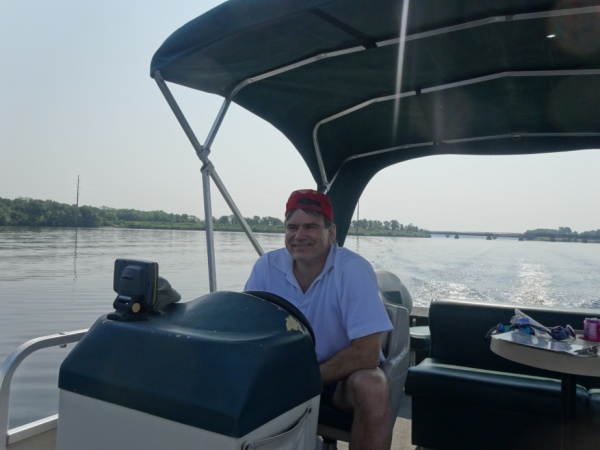We all want to make a difference.
To have meaning and purpose in our lives. Does this really happen? Is it possible to have some grand purpose, to know on our deathbeds that our lives had meaning?
It depends.
You may be like me, sometimes thinking that “making a difference” means leading “feeding-the-five-thousand” type events: God working grandly through me, for all the world to see. Important people will see that I am important. I am significant. Sure, I will give God the glory, but I take secret delight in my obvious impact on the world. Good Morning America (or Women of Faith) here I come!
But God rarely works this way.
Don’t get me wrong. He does miracles every day. Jesus said, “My Father is always at His work in this world, and I too am working.” But much of what God does goes unseen, and unappreciated.
Jesus’ own life was the prime example of this. Jesus didn’t have the respect of the Important People. In fact, Important People were threatened by Jesus, because the Truth He shared often made them look bad. He spent his days walking from place to place, talking to ordinary folks about extraordinary truth, and, on occasion – mostly in out of the way places – working miracles.
God hasn’t changed. He still walks this earth and works through those willing to follow Him, touching people with His love and truth in very ordinary ways. A warm meal. A kind word. A listening ear. A cup of cold water.
And sometimes – mostly in out of the way places – He still works miracles.
God has prepared good works, that we should walk in them. Ephesians 2:10
When have you seen God work through your “ordinary day”? Share with us!
Want to read more? Read The Extraordinary Ordinary


